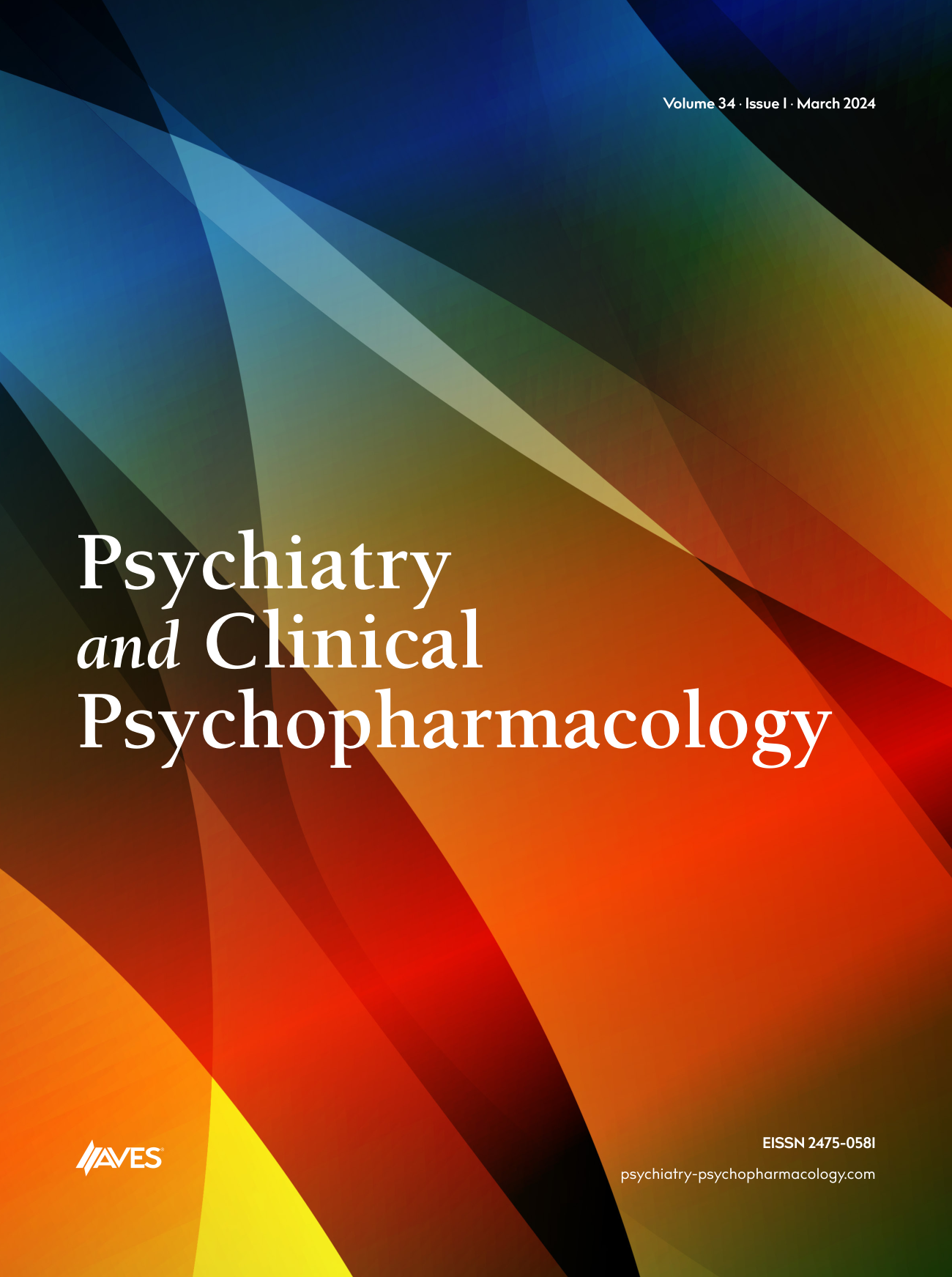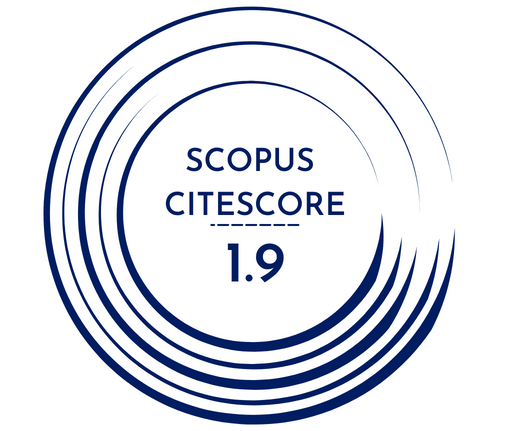Introduction: Leukopenia and neutropenia may be associated with a range of antipsychotics, mood stabilizers, and selective serotonin reuptake inhibitors, especially clozapine. The same effect has been reported in association with risperidone, olanzapine, quetiapine, ziprasidone and aripiprazole. However, neutropenia and agranulocytosis are serious adverse effects that may lead to drug discontinuation and, consequently, psychotic exacerbation. We present a patient with severe refractory schizophrenia that developed a large number of antipsychotic induced neutropenia, which was successfully reversed after lithium onset.
Case: A 43-year-old woman with a 16-year history of schizophrenia was admitted to our hospital because of irregular drug adherence and severe psychiatric symptoms. She evolved with prominent positive symptoms such as paranoid delusions and auditory hallucinations. She had Capgras syndrome. She has believed that her husband and her baby have been died and replaced by ‘lookalikes’. She reported that her daughter was not really her daughter. She had been hospitalized on four occasions due to exacerbation of psychotic symptoms. She had been treated with several antipsychotics such as, haloperidol, zuclophentixol, risperidone, aripiprazole, clozapine and quetiapine. It has been changed after the start of antipsychotic drugs due to leukopenia in each hospitalization. The patient had no previous medical history of leukopenia, and her baseline WBC count before initiation of antipsychotics was 5.11 K/uL (4-10). In the beginning of this admission, we started haloperidol 10 mg/day but her WBC count dropped to 3,63 K/uL. Therefore, during this hospitalization, the patient was treated with electroconvulsive therapy (ECT). A total of 5 ECTs were administered. She continued to receive 5 mg/day haloperidol along with ECT. After ECT therapy, we started lithium 300 mg/day and quetiapine 300 mg/day in addition haloperidol 5 mg/day. Her WBC count increased to 5.74 K/uL on 11 days of the lithium treatment. She was discharged on hospital day 32 with recovery and a follow up psychiatry appointment arranged.
Discussion: In this case, a patient who had previously been treated with several antipsychotics with no related medical problems experienced leucopenia. Leukopenia was not present before initiating treatment with antipsychotics. Lithium can increase neutrophils right after its introduction since it has leukopoietic bone marrow effects. Even low serum doses of lithium can reverse antipsychotic-induced neutropenia; used lithium (at an average serum level of 0.59 mEq/L) in 100 chemotherapy induced neutropenia patients and such treatment reversed neutropenia in 86% of cases, with neutrophils increase observed 3 days after lithium onset. Therefore, lithium might pose as a potential treatment of antipsychotic-induced neutropenia in severe schizophrenia cases in which antipsychotic treatment is the essential.



